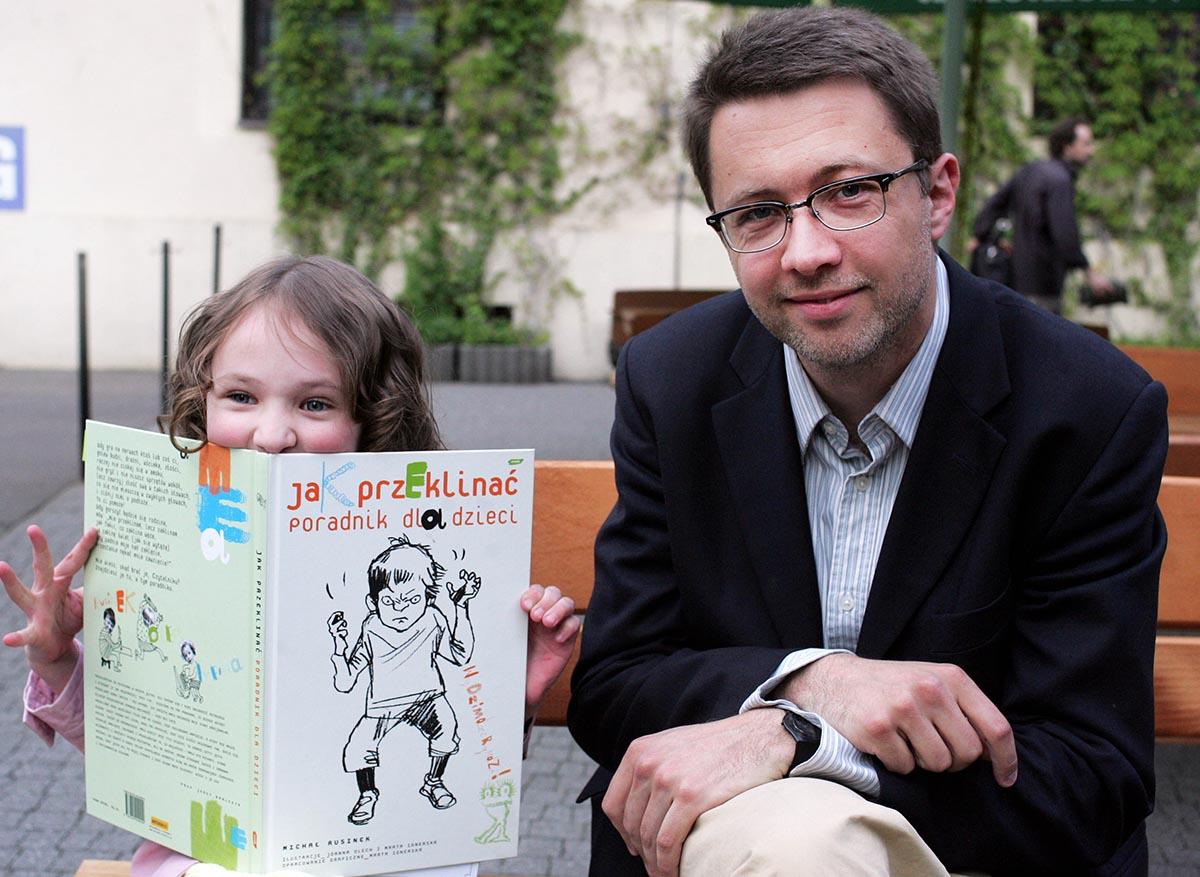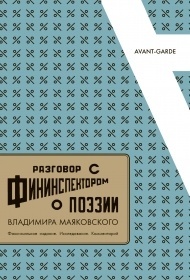
Language Studies, or "Wieheister" by Michal Rusinek.
Michal Rusinek never ceases to amaze me. Moving on to his successive books for children, in which he touches on various issues related to language, I cannot pass by the enormous work that he had to do to find and study all the words that he discusses and analyzes from different points of view. Plus, it's a very good read!
Eva Sverzhevska
Curses and regionalisms
In the book "How to swear. Children's Guide(Znak Publishing House, 2008) the author very witty and interesting dealt with the curses used by children, for everyone - younger and older readers. First, he collected them from readers, and then based on them he created a poetic reference book.
One who reaches for a book called "From Mi'kmaq to Zazuli…(Publishing house Bezdroża, 2020). Michal Rusinek, with his usual curiosity, but at the same time humor, observes various regionalisms and tries to decipher them with the help of short poems and descriptions.
Rhetoric and history
Position "What are you talking about?! Magic of words or rhetoric for children", created in collaboration with dr hab. Aneta Zalazinska from the Jagiellonian University teaches young readers how to convince their interlocutors or how to overcome stage fright and the stress of public speaking.
In his latest book,Wihajster, a guide to loanwords“(published in Znak, 2020) the author simply bombards the young (but also significantly older) reader with examples of words that we “caught” from other languages.
– I think that not only children should know where the words we use come from. I know this from my own experience, because working on Wieheister taught me a lot. By looking at a language, we get a more accurate picture of our culture and the civilization that it represents,” says Michal Rusinek. – Looking deep into the history of words, we also look into the history of Poland, which was once multinational and multicultural. And she had different contacts with other cultures: sometimes militant, sometimes commercial, sometimes just neighborly, she explains. – We can also draw conclusions about where civilization, culture and cuisine came from. This could be the start of an interesting conversation.
Together as a team
The Wieheister is one of those books that shows at a glance that not only does it take time to work on it, but it also takes a lot of research, and even the involvement of other people who specialize in the topic at hand.
– When writing this book, I asked Prof. Isabela Winiarska-Gorska, an excellent language historian from the University of Warsaw, tells the author. “At my request, she prepared slogans explaining the origin of words from various thematic circles - those that are still present in the language and name objects that modern children may encounter,” she explains. - We talked a lot about it, the professor checked the etymology in many sources. The work took several months. Not to mention the illustrations. My sister Joanna Rusinek had an additional difficult task: the humorous layer, so important in children's books, is in this book only in pictures. Because the text actually contains only slogans,” adds Rusinek.
Passwords
Honestly, here I do not quite agree with the author. Yes, illustrations play a very important role in Wieheister - they are funny, attract and hold the eye, but there is also a lot of humor in brief descriptions, and in the selection of slogans, and linking them to certain departments. Because where in the category “World”: “Khusarz” and “Ulan”?
I have the overwhelming impression that the authors of this book had a great time selecting and then describing the individual articles. This is felt on every page, especially where the author did not limit himself to a brief explanation, but allowed himself a somewhat broader description, as, for example, in the case of watches:
Clock - came to us from the German language, in which the wall clock is called Seiger; in the past, this word was called a water or hourglass, or hourglass, from the verb sihen, meaning "drain", "filter". In the past, watches were made “ka[-kap”, then “tic-tac”, and today they are mostly silent.
– My favorite word today is wihajster. I really like improvised words that appear when we don't know a word or forget it, he explains. This one is special because it comes from the German question: “wie heiss er?” meaning “what is it called?”. When asked what a wihaister is, I usually answer that it is a dink that is used for tagging. Possibly a trick.
Took from us
Michal Rusinek decided to introduce into Polish not only words borrowed from foreign languages, but also vice versa - those that came from us into other languages. As it turned out, properly documenting them proved to be a daunting task.
“I really wanted the book to include Polish words, that is, Polish words borrowed from other languages,” the author admits. – Unfortunately, there are not so many of them and it took a lot of work to find them. And if there is, then initially they are not Polish (Polish was only a transmitter to other languages), he explains. This was the case, for example, with the cucumber, which was borrowed by the Germanic and Scandinavian languages, but originally comes from the Greek language (augoros means green, unripe).
All books by Michal Rusinek, whether they are about language, among which I like Wieheister the most lately, or about other topics, deserve attention from both older and younger people. The combination of knowledge, erudition and humor in them is really a real art, and the author succeeds very well every time.
Cover photo: Edita Dufay
And on October 25, on the 15th day, you will be able to meet Michal Rusinek online on AvtoTachkiu's Facebook profile. Link to chart below.
